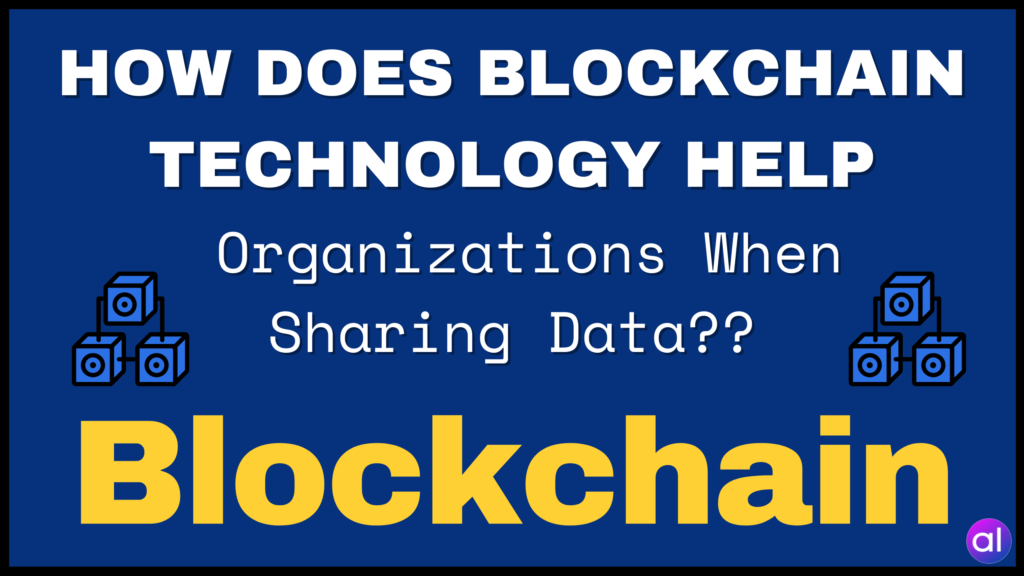Disclaimer: The opinions and views expressed in this article are solely those of the author and do not necessarily reflect the views and opinions of crypto.news’ editorial team.
Artificial intelligence (AI) is advancing at a rapid pace, but its development and implementation are predominantly controlled by a small group of influential entities. This centralized control raises significant concerns about privacy, security, and fairness. As AI continues to revolutionize industries and societies, it is essential to explore solutions that can democratize its benefits and mitigate its risks. Blockchain technology offers a promising avenue by enabling decentralized, transparent, and secure AI systems.
You may also like: Elon’s fight for ‘open-source AGI’ ignores users and ethical AI training | Opinion
Currently, large corporations with access to extensive data and computational resources dominate the AI landscape. This centralization poses various challenges. Privacy issues arise as users’ personal data is often collected and used without explicit consent, leading to potential misuse and breaches. The concentration of power in a few entities stifles innovation and limits diverse contributions. Moreover, centralized AI systems are susceptible to manipulation for harmful purposes, such as spreading disinformation or conducting surveillance.
The development of AI today involves a combination of reinforcement learning and human intelligence, rather than autonomous machine learning alone. An example of this collaboration was revealed when details of Amazon’s “Just Walk Out” technology surfaced, showing that about 1,000 real people manually verified customers’ purchases. This partnership between human intelligence and AI systems highlights the significant human element in AI processes, often overlooked but crucial.
Blockchain technology, with its decentralized and transparent nature, can effectively address these challenges. It enhances security and privacy by enabling secure data sharing and storage through cryptographic methods, ensuring that users retain control over their information. By distributing power across a network, blockchain reduces the risk of monopolization and fosters a more collaborative environment for AI development. It can also track the origin of data, ensuring its integrity and legitimacy, essential for training reliable AI models.
Decentralization in AI can help mitigate several risks associated with the current centralized model. The Center for Safe AI identifies four main categories of AI risks: malicious use, AI race, organizational risks, and rogue AI. Measures such as regulation and good governance can address many of these risks, but some second-order effects of AI, like centralization and legacy web2 company incentives, remain unaddressed.
For too long, users have traded their private information for access to tools, with opting out often inconvenient. AI results are directly tied to the data it is trained on, requiring significant resources for data cleaning and preparation. By creating a blockchain layer in a decentralized AI network, we can build systems that track data provenance, maintain confidentiality, and enable individuals and enterprises to monetize their specialized data, shifting away from centralized institutions to a new economic system.
Ensuring data integrity, ownership, and legitimacy (model auditing) is crucial for AI systems, and blockchain can provide an immutable audit trail for data, ensuring authenticity and fair compensation for providers. Techniques like zero-knowledge proofs and decentralized identities allow users to contribute data without compromising confidentiality. Decentralized AI networks enable various stakeholders to participate in AI development, creating a more equitable ecosystem.
Decentralized AI systems offer enhanced security through cryptographic techniques and security certification systems, ensuring users can secure their data and control access. This inclusive approach allows individuals to engage in different roles, promoting a diversified and collaborative AI ecosystem. Additionally, decentralization can help address job displacement caused by AI advancements, distributing economic benefits more equitably.
The integration of blockchain and AI can spur innovation by encouraging open-source development and collaboration. Decentralized platforms can serve as a foundation for new AI applications and services, fostering a diverse range of contributors in the AI ecosystem. This collaborative environment can lead to the creation of more innovative AI solutions, benefiting society as a whole.
In conclusion, the fusion of blockchain and AI represents a significant shift towards a more distributed and collaborative model, away from centralized entities. This transition is crucial for ensuring that AI serves humanity’s broader interests rather than the narrow goals of a few powerful organizations. The future of AI lies in decentralization, with blockchain playing a key role in unlocking this potential. By leveraging blockchain’s security, transparency, and trustlessness, we can construct a more equitable, secure, and innovative AI ecosystem that benefits all.
Read more: Application-specific blockchains are the future of decentralization | Opinion
Jiahao Sun
Jiahao Sun, the founder and CEO of FLock.io, is an Oxford alumnus and an expert in AI and blockchain. With previous roles as the director of AI for the Royal Bank of Canada and an AI Research Fellow at Imperial College London, he founded FLock.io to focus on privacy-centered AI solutions. Through his leadership, FLock.io is pioneering advancements in secure, collaborative AI model training and deployment, showcasing his dedication to using technology for societal advancement.



